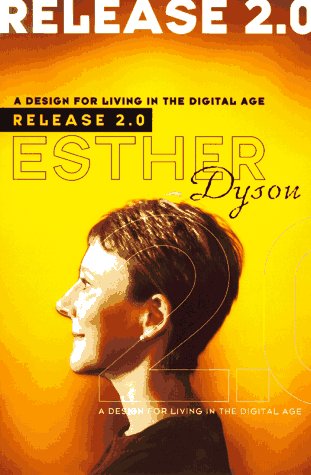Community vs. Culture
Communities often have a culture, but there is an important distinction between culture and community. Culture is a set of rules, perceptions, language, history, and the like. It is embodied in books and songs, people's minds, and Websites. Culture can be learned, even though there are some communities that believe you need to be born into them to be a member (as in Germany and many Asian countries, as well as certain Jewish groups).
By contrast, a community is a set of relationships. You oould (in principle) take a culture and revive it: You could teach people the history, the manners, and the rules, and they could live by them. But you could never revive a particular community, because a community depends on the people in it. Just like education, a community is not a passive thing. Its members need to invest in it for it to exist. An individual can be familiar with any number of cultures simply by studying them. But to be a member of a community he has to be present in it, contribute to it, and be known to other members. Thus, a television channel or an Internet "channel" can create or reflect a culture, but in order for it to become a community its members have to communicate with one another--ideally in context of some goal. That goal may be only homage to a star, but it could also be political action, a business plan or a school.
A community is a shared asset, created by the investment of its members. The more you put in, the more you take out.
"The love you take is equal to the love you make." -The Beatles
Notes:
Culture can exist without people, but communities are made of people.
Folksonomies: memetics culture
Taxonomies:
/science/social science/history (0.556020)
/art and entertainment (0.502468)
/art and entertainment/shows and events/exhibition (0.497158)
Keywords:
culture (0.978304 (positive:0.513999)), community (0.971602 (positive:0.477406)), certain Jewish groups (0.916036 (neutral:0.000000)), people (0.801630 (positive:0.337980)), important distinction (0.784484 (positive:0.535630)), Community vs (0.781133 (positive:0.422681)), Asian countries (0.750878 (neutral:0.000000)), passive thing (0.748566 (neutral:0.000000)), Culture Culture (0.724256 (neutral:0.000000)), particular community (0.707285 (neutral:0.000000)), political action (0.700902 (neutral:0.000000)), business plan (0.700338 (neutral:0.000000)), television channel (0.688946 (neutral:0.000000)), communities (0.599614 (neutral:0.000000)), members (0.582740 (positive:0.055094)), set (0.482847 (positive:0.571072)), history (0.480522 (neutral:0.000000)), rules (0.480497 (positive:0.492369)), member (0.476264 (positive:0.415714)), love (0.450984 (positive:0.874469)), goal (0.445375 (positive:0.434578)), perceptions (0.410314 (neutral:0.000000)), manners (0.404835 (neutral:0.000000)), contrast (0.402519 (neutral:0.000000)), minds (0.397618 (neutral:0.000000)), homage (0.393196 (neutral:0.000000)), principle (0.393016 (neutral:0.000000)), language (0.389297 (neutral:0.000000)), books (0.388475 (positive:0.486558)), songs (0.388418 (positive:0.486558))
Entities:
Beatles:Organization (0.741032 (neutral:0.000000)), Germany:Country (0.721305 (neutral:0.000000))
Concepts:
Member of Parliament (0.930326): dbpedia | freebase | opencyc | yago
Investment (0.652514): dbpedia | freebase | opencyc
Culture (0.649301): dbpedia | freebase | opencyc
Social sciences (0.623226): dbpedia | opencyc
Community (0.614100): dbpedia | freebase | opencyc
Equals sign (0.610663): dbpedia | freebase | yago
The Culture (0.578233): dbpedia | freebase | yago
Mind (0.574391): dbpedia | freebase | opencyc





